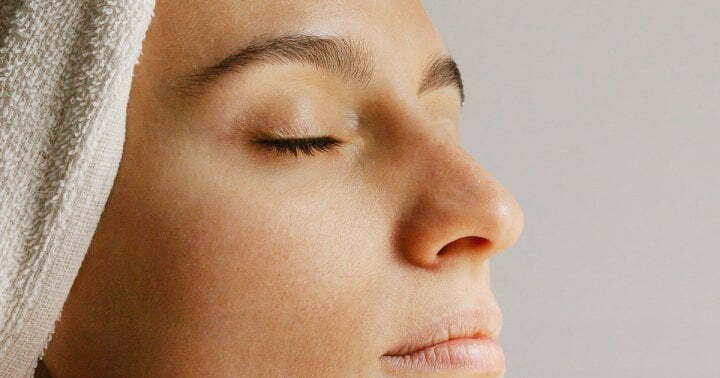You’ve Heard Of Probiotics, But What Are Psychobiotics? Scientists Explain

“Everybody has their favorite bacteria, and so every investigator does their own favorite couple of bacterial strains and then looks to see whether or not it helps [e.g., with mood]. In some cases it does; in some cases it doesn’t,” Rucklidge explains. For example: One animal study found the strain Lactobacillus plantarum PS128 was associated with behaviors tied to anxiousness and stress and an increase in dopamine and serotonin levels in the prefrontal cortex; another study found the bacterial strain Lactobacillus helveticus NS8 had increased the serotonin, norepinephrine, and brain-derived neurotrophic factor (BDNF) levels in the hippocampus.
As for Rucklidge’s own research? “We weren’t able to say that specific strains could benefit mental health more than what [typical] care provides you,” she explains. “So I don’t want to say it didn’t work, but that it didn’t work any better than the placebo effect.”
The bottom line? The research is young, and we need more data. “I think overall the feeling is that, yes, there’s probably some benefit from this approach of consuming your bacteria via pill form,” Rucklidge adds. “But it’s challenged because of the fact that different investigators are using different strains.”
This article was originally published by mindbodygreen.com. Read the original article here.




